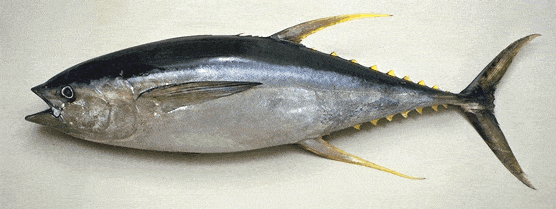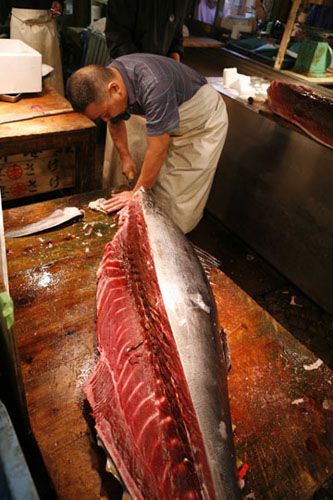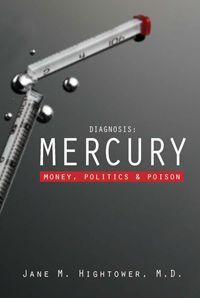 From courts to consumers, mercury levels in tuna and other seafood remains a hotly debated subject.
From courts to consumers, mercury levels in tuna and other seafood remains a hotly debated subject.
Jane M. Hightower, M.D., author of Diagnosis Mercury, is a board certified internal medicine physician in San Francisco, California. She published a landmark study that brought the issue of mercury in seafood to national attention. She continues to publish scientific papers and give lectures on the subject.
Research on the risks and safe exposure levels for mercury is fragmentary and inconsistent, as are the recommended tolerances from different governmental watchdog bodies. You can see a comparison chart here. For a history of mercury and fish, click here.
Of course, not all kinds of tuna carry the same levels of mercury and associated risk, nor are those concerns limited to tuna, as Hightower explains.
{mp3remote}http://media.krcb.org/audio/nbr/avoid.mp3{/mp3remote}
 All of these concerns are dismissed by the Center for Consumer Freedom, an industry-funded advocacy group which has created an extensive website to debunk claims that mercury in fish is harmful to human health. You can access their fish/mercury safety calculator here.
All of these concerns are dismissed by the Center for Consumer Freedom, an industry-funded advocacy group which has created an extensive website to debunk claims that mercury in fish is harmful to human health. You can access their fish/mercury safety calculator here.
David Martosko, the Center's Research Director, contends the question of warning labels on tuna cans should have been settled by the outcome of the original court case back in 2006.
{mp3remote}http://media.krcb.org/audio/nbr/precedent.mp3{/mp3remote}

Established with funding from tobacco giant Phillip Morris, the Center for Consumer Freedom has regularly unleashed broad attacks on a wide range of public advocacy groups, including the federal Centers for Disease Control, Mothers Against Drunk Driving, and People for the Ethical Treatment of Animals. A lengthy expose from ConsumerDeception.com is posted here. The Center for Media and Democracy has posted its analysis here , and the Center for Science in the Public Interest details its own battles with CCF here.

 Live Radio
Live Radio
